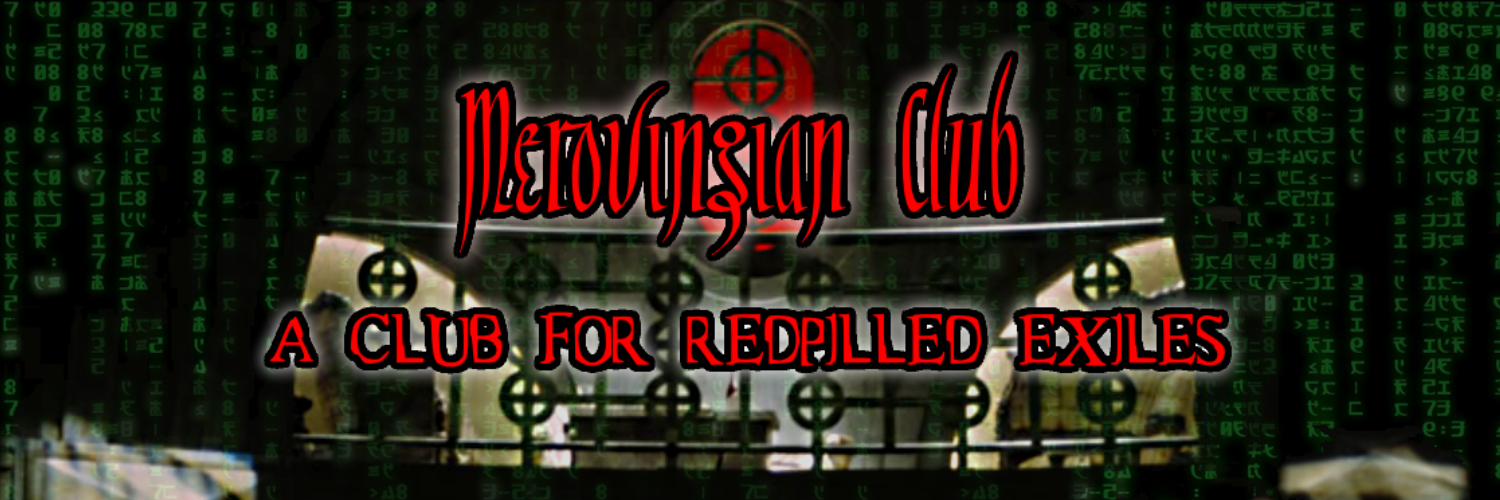
The problem is they will mark sentences wrong If you do not use the correct choice of "a", "an", "the", "this", "that", "those" or "these" but Duolingo does not understand that translation correctly and it is really annoying
You sometimes can not tell if a word is singular or plural without a number but duolingo makes you choose a singular or plural version of the word
So it makes you select a lot of very specific English translation choices where the translation is ambiguous
The problems with the grammar are going to be the same no matter which dialect
The pronouns do not have gender in Korean
There are no words that translate as "a", "an", or "the" in Korean
Words that Duolingo translates as "this", "that", "a", "the", "those", "these" are misunderstood because they have special meanings that have to do with the location of objects that can not easily be translated to a single English word
So for Korean there are different dialects in South Korea but there is a official standard dialect
Some of the compound vowels used to be pronounced different but in the standard dialect there are multiple compound vowels that make the same sound
The problem with Duolingo is not the dialects but the grammar
He seems to think the definition is different from what I said but it is still different than the way duolingo uses words based on spelling variants of these types of words
Some of my previous comments about Y, G and J location words might have been wrong but Duolingo is also wrong
I maintain that I am correct to the best of my knowledge about the other points however
https://www.youtube.com/watch?v=Zzg8p8eaWRc
Here, (Over)There in Korean Explained Clearly!
Korean Ryan
Picture with Korean words and English explanation from first video link
https://www.youtube.com/watch?v=pKvhEZIWttU
Picture of other related Korean words similar to what I called
Y, G and J in second video link
There are a whole class of words with variant spellings on these used on Duolingo with slightly different spellings and meanings that I believe Duolingo gets wrong
He confirms my point that the words are based on the location of the object in three categories
1 Near the speaker
2 Near the listener
3 Far away from the speaker and the listener
Duolingo does not seem to understand this
https://www.youtube.com/watch?v=pKvhEZIWttU
This, That in Korean Explained Clearly!
Korean Ryan
@Stahesh
I would still say overall the Korean is very good
The entire first unit is in very honorific style for talking to someone older than you
You can also take a class for Korean people learning English
If you take this class then you will still learn Korean as they have you translate English sentences into Korean and Korean sentences into English
But It is in a tone like the tone a Parent uses to speak to a child
They do not use a neutral tone between two people of the same age so far
You can mark a word as plural in Korean
But there is no way to mark a word as singular in Korean without using the number 1
Any word without a plural marking and without a number could be either singular or plural when translated from Korean into English
Regarding Gender
The pronoun that translates from Korean into English as He can also translate into English as She
Same with ambiguity as to him or her when translating
The gender is unknown and not specified in Korean
In Korean instead of
this, that and those
There are three kinds of words
Y words
A word meaning the object is near the speaker
G words
A word meaning the object is near the listener
J words
A word meaning the object is far away from both the speaker and the listener
Y
A location near the speaker
G
A location near the listener
J
A location far away from both the speaker and the listener
Just so you know in the Korean on Duolingo which I believe is one of the languages you listed that you studied
It does not get the following correct
The use of the following English words
"a"
"an"
"the"
"this"
"those"
"these"
"that"
It gets wrong
singular vs plural
It gets wrong
masculine and feminine
In korean
There is no Equivelent to the English words, "A" "An or "The" in Korean
There is no way to mark words as singular
Pronouns have no gender
Interesting display of dominance yet restraint.
Когда встретил грозу района))) https://youtube.com/shorts/TGsWSmqkFXU?si=so-GTll1Biruf2hK
SWAT Raids are Out of Control https://youtube.com/watch?v=peWkkpsvndY&si=BmFgngltn_pe1R2H
Alex Jones said he was married to guest speaker who is also supposed to be male
@Indignation
The Baal Shem Tov, the 18th century founder of Hasidic Judaism, notes in his ethical testament, Tzavaat HaRivash, that the swaying in prayer is similar and connected to the act of copulation.
Why did he do that
Nationalism not Globalism
Local Anarchist communities not Worldwide Anarchism
Corporations, United Nations Governments, Most Media and Most Clergy are on Team Evil
The Jewish religion intends to exterminate Christians
The Jewish religion intends to enslave or exterminate Gentiles or Goyim
Palestinians are the true Hebrew Israelites
at short stories at
poa dot st
@shortstories
merovingian dot club
@shortstories
worldchristianfaith.blogspot.com
